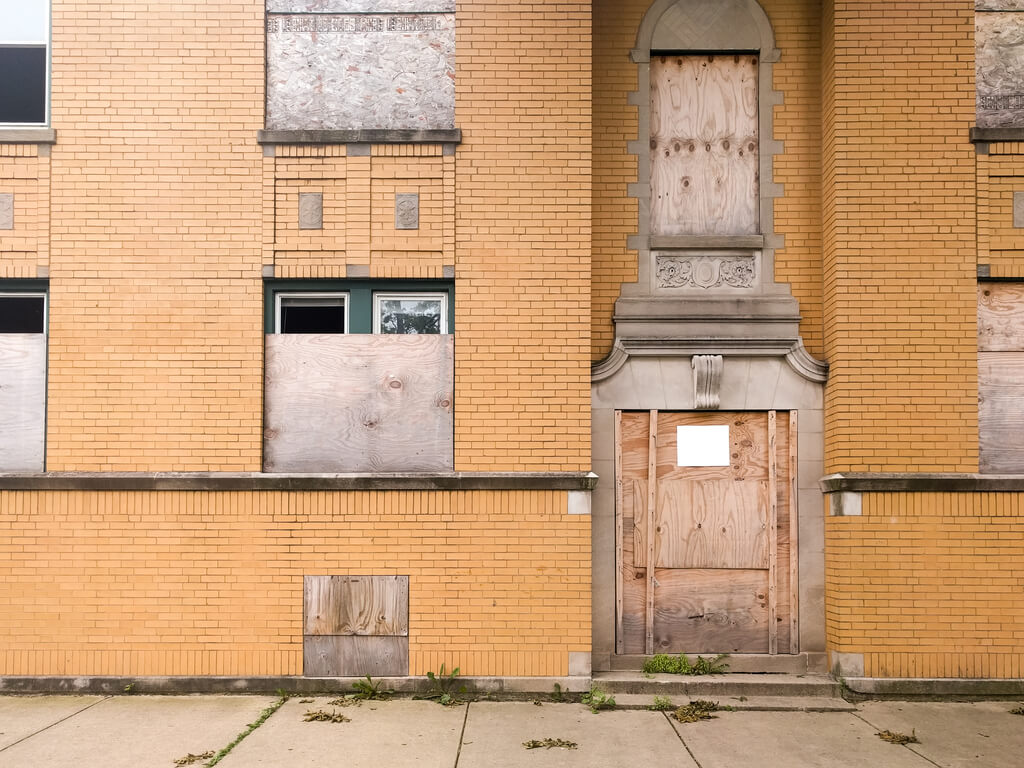Insurance policies can be hundreds of pages defining how losses will (or will not) be covered. Often, one paragraph can restrict or even void coverage. The vacancy clause is one of those paragraphs. While it is important to understand the clause under normal circumstances, the concern is heightened in the era of Covid-19.
What is the Vacancy Clause?
Insurance companies have learned that vacant buildings are at greater risk for losses. Without having someone consistently at the location, maintenance tends to diminish and losses are more likely to go undetected. Because of this, companies often place language in the policy that eliminates coverage for certain types of claims and reduce the amount paid for all others.
What does it Say?
Well, that depends. Some companies create their own coverage language, but the standard ISO form reads:
If the building where loss or damage occurs has been vacant for more than 60 consecutive days before that loss or damage occurs:
(1) We will not pay for any loss or damage caused by any of the following, even if they are Covered Causes of Loss:
(a) Vandalism;
(b) Sprinkler leakage, unless you have protected the system against freezing;
(c) Building glass breakage;
(d) Water damage;
(e) Theft; or
(f) Attempted theft.
(2) With respect to Covered Causes of Loss other than those listed in b.(1)(a) through b.(1)(f) above, we will reduce the amount we would otherwise pay for the loss or damage by 15%
What is Considered Vacant?
Again, this depends on the specific form, but the standard form defines vacancy differently if the policyholder is a building owner or tenant (lessee). If the policyholder is a building owner, a building is vacant if it is less than 31% rented to a lessee who is using it to conduct its customary operations. If the policy is issued to a tenant, it is only considered vacant when the location does not contain enough property to conduct customary operations.
Why Is This Important Now?
This is always an important clause to understand, but is especially important now. The current regulations are forcing business to close down their customary operations in the name of public health. If a claim is to occur, the vacancy provision could trigger restrictions.
It is important to note that some carriers may be willing to negotiate the limitation out of the policy. If this is not possible, non-standard markets are usually willing to offer policies without the restriction, but it will likely come with higher deductibles and premiums.


